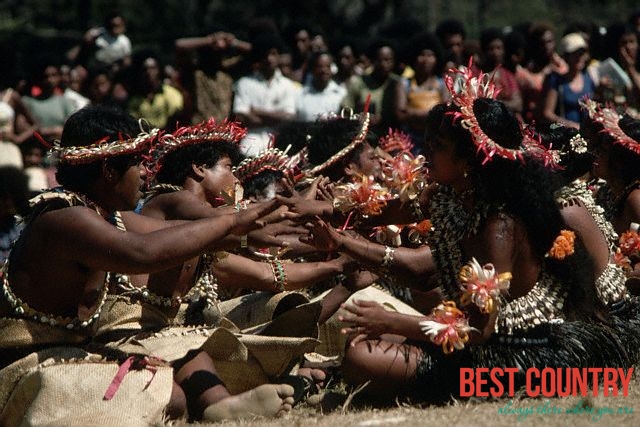Kiribati
Overview of Kiribati
Kiribati, officially the Republic of Kiribati, is an island nation located in the central tropical Pacific Ocean. It is composed of 32 atolls and one raised coral island, dispersed over 3.5 million square kilometres, (1,351,000 square miles) straddling the equator, and bordering the International Date Line at its easternmost point.
Kiribati Festivals
Kiribati Festival has always stood as a great occasion of entertainment and recreation for the people residing in Kiribati. All Kiribati Festivals are in some way related to the sea, church and family. Kiribati Festival mainly revolves around family and tradition.
Culture Of Kiribati
Contemporary Kiribati culture is centered on the family, the church and the sea. Its relative isolation Kiribati has allowed "traditional values" and skills to be maintained.
